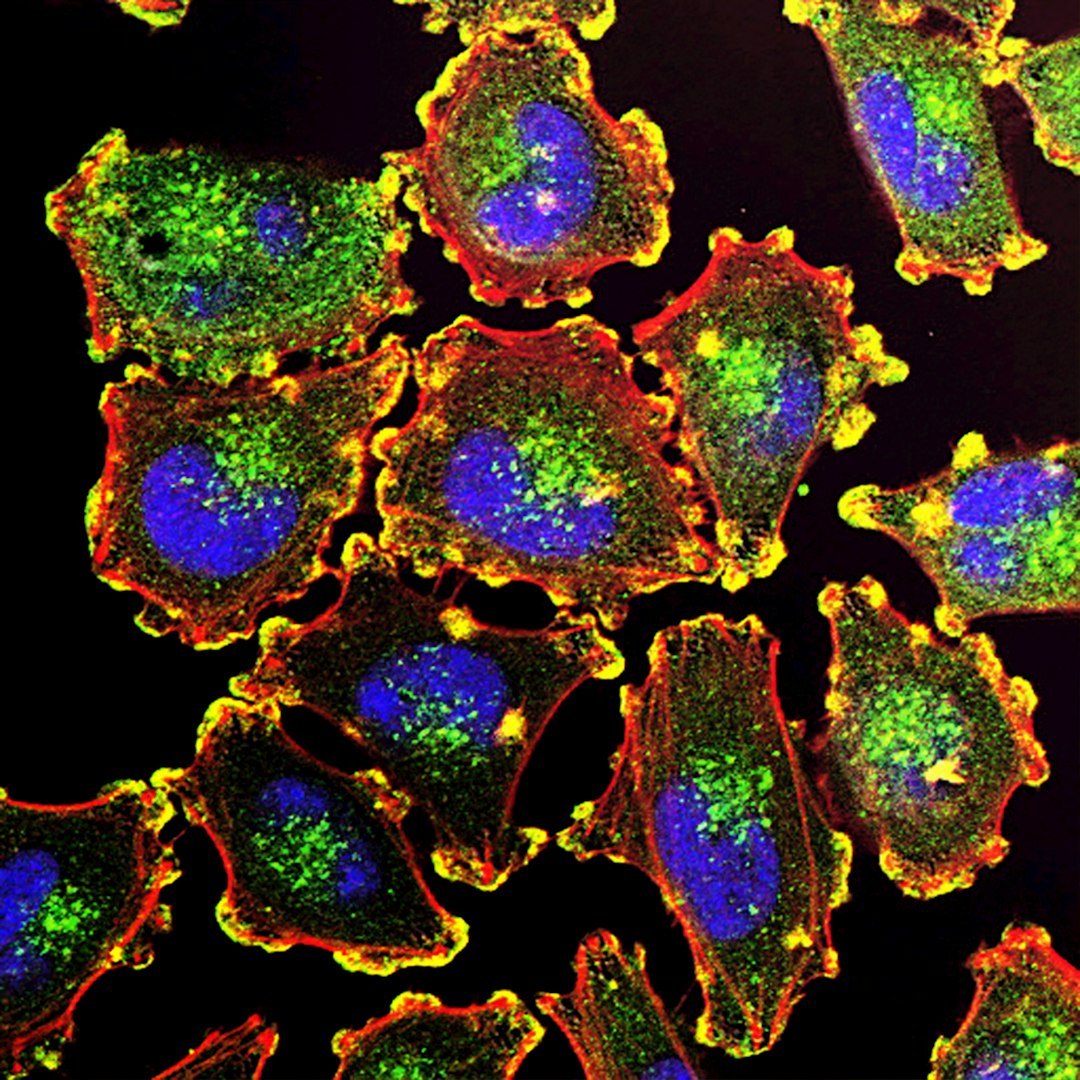Family history diseases are an important health issue in modern society. When multiple members of the same family suffer from the same disease, we call this ‘family history’. Family history is not only caused by genetic factors but also by various factors such as lifestyle and environment. Although having a family history does not necessarily mean that you will develop a specific disease, the risk is certainly higher. In this article, we will look at the major diseases that are greatly influenced by family history and discuss how to prevent and manage them.
Major family history diseases include cancer, Alzheimer’s disease, cardiovascular disease, and atopic dermatitis. We will examine how each disease is affected by family history and what preventive measures are needed. By gaining a deeper understanding of family history diseases, you can take the first step toward protecting your health.
1. Family History and Cancer Risk
Cancer is one of the diseases most affected by family history. According to research from the Karolinska Institute in Sweden and the German Cancer Research Center, the risk of developing cancer in children increases by 1.8 to 2.9 times if a parent has cancer. Especially if siblings have cancer, the risk increases even more, and if both parents and siblings have the same cancer, the risk increases by 3.3 to 12.7 times.
This strong influence of family history is due not only to genetic factors but also to environmental factors shared within the same generation. For example, Hollywood actress Angelina Jolie chose a mastectomy because of a family history of breast cancer. Such preventive measures are effective in reducing the risk of cancer.
Cancer Prevention and Management Methods
Regular health checkups are essential to prevent and detect cancer early. Especially if there are cancer patients in the family, special attention should be paid to early diagnosis of specific cancers. Here are some important measures for cancer prevention:
- Regular checkups: Early detection of cancer is important. It is necessary to follow the recommended screening cycles for each type of cancer and to have regular checkups.
- Lifestyle improvement: Maintaining healthy lifestyle habits such as quitting smoking, avoiding alcohol, maintaining a healthy diet, and exercising regularly helps prevent cancer.
- Managing environmental factors: Minimizing exposure to air pollution, radiation, and chemicals and maintaining a healthy environment is important.
- Family history confirmation and consultation: Sharing information about family history with healthcare professionals and, if necessary, developing more specific prevention strategies through genetic testing can be beneficial.

2. The Impact of Family History on Alzheimer’s Disease and Prevention Methods
Alzheimer’s disease is the most common form of dementia, and family history has a significant impact. If one parent has a history of Alzheimer’s disease, the risk of developing the disease in their children increases by 47%. It is particularly closely related to the apolipoprotein E4 gene, and inheriting this gene can increase the risk of developing the disease by 2.7 to 17.4 times.
Alzheimer’s Disease Prevention and Management Methods
Early detection and prevention are important for Alzheimer’s disease. Here are some important measures for preventing Alzheimer’s disease:
- Early checkups: If there are Alzheimer’s disease patients in the family, it is advisable to have regular checkups starting in the 40s. Early detection allows for treatments that can slow the progression.
- Maintaining brain health: Regular exercise, a healthy diet, and mental activities (such as reading, puzzles) help maintain brain health.
- Participation in social activities: Engaging in social activities to continuously stimulate the brain is effective in preventing dementia.
- Stress management: Stress is one of the factors that can cause dementia. Maintaining emotional stability through stress management techniques such as meditation and yoga is important.

3. The Impact of Family History on Cardiovascular Disease and Prevention Methods
Cardiovascular disease is a major health issue, ranking as the second leading cause of death among Koreans. According to research from McMaster University in Canada, if a parent has experienced a heart attack, the risk of a heart attack in their children increases by 1.5 times. Cardiovascular disease often has few initial symptoms, making prevention and early detection crucial.
Cardiovascular Disease Prevention and Management Methods
Improving lifestyle habits and regular health checkups are essential to prevent cardiovascular disease. Here are some important measures for preventing cardiovascular disease:
- Regular checkups: Regularly check blood pressure, blood sugar, cholesterol levels, and use an electrocardiogram to monitor heart health.
- Lifestyle improvement: Maintaining healthy habits such as quitting smoking, avoiding alcohol, exercising regularly, and following a healthy diet helps prevent cardiovascular disease.
- Weight management: Efforts should be made to maintain an appropriate weight and avoid abdominal obesity.
- Stress management: Reducing stress and getting sufficient rest are important.

4. The Impact of Family History on Atopic Dermatitis and Prevention Methods
Atopic dermatitis is a disease caused by a combination of genetic factors, environmental factors, and immunological factors. Approximately 70-80% of patients with atopic dermatitis have a family history. If even one parent has atopic dermatitis, the likelihood of it occurring in their children is 50%.
Atopic Dermatitis Prevention and Management Methods
Managing the living environment is important to prevent and manage the symptoms of atopic dermatitis. Here are some important measures for preventing atopic dermatitis:
- Maintaining an appropriate indoor environment: Maintaining appropriate indoor temperature and humidity to minimize skin irritation is crucial. Recommended temperature is 18-20 degrees, and humidity is 40-60%.
- Skin moisturizing: Consistent moisturizing helps alleviate symptoms of atopic dermatitis. Use non-irritating moisturizers to protect the skin.
- Avoiding irritants: Avoiding allergens, strong detergents, and certain foods that cause irritation is important.
- Strengthening immunity: Regular exercise and a balanced diet help strengthen the immune system.

In Conclusion
Family history diseases are not just genetic problems. They are deeply influenced by how we live, the environment we live in, and the habits we maintain. Awareness and prevention of family history diseases are important not only for individual health but also for the health of the entire family. Diseases such as cancer, Alzheimer’s disease, cardiovascular disease, and atopic dermatitis are greatly influenced by family history. To prevent these diseases, changes in lifestyle and regular health checkups are essential.
Understanding family history diseases is not just about recognizing the risk of disease. It reminds us of the need for proactive health management. Early detection through regular checkups and maintaining a healthy lifestyle are key to preventing diseases. For example, if there is a cancer patient in the family, early cancer screening can detect the disease in its early stages and allow for appropriate treatment.
For Alzheimer’s disease, early detection and maintaining brain health can help slow the progression of the disease. Cardiovascular disease and atopic dermatitis can also be prevented by taking preventive measures based on awareness of family history.
Family history diseases are not just individual problems but are directly related to the health of the entire family. Therefore, understanding and preventing family history diseases is a necessary process for the health of all family members. Preventing family history diseases is an important investment for us to live healthier and happier lives. By raising awareness of family history diseases through this article and taking practical preventive measures, we can prepare for a healthier future.
Preventing and managing family history diseases is not only for personal health but also for the health and happiness of loved ones. Take action now to protect your family’s health.
